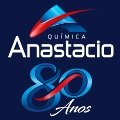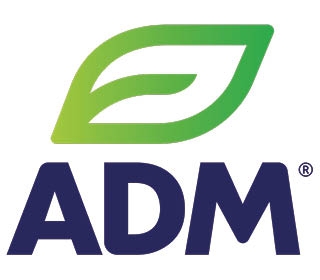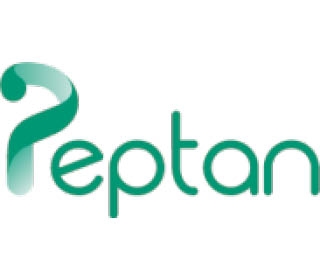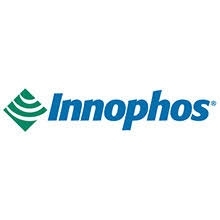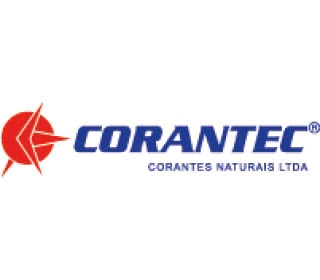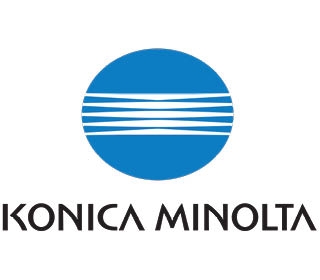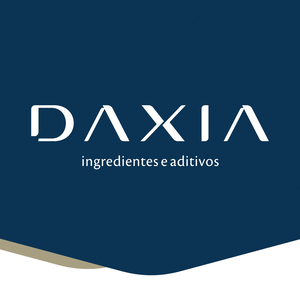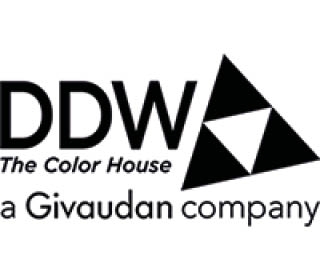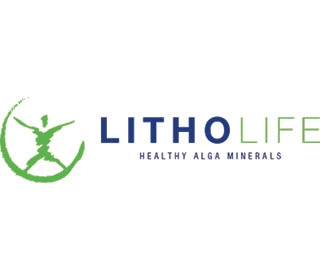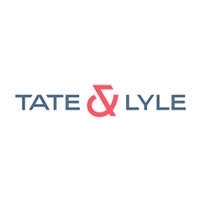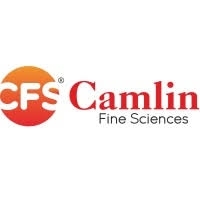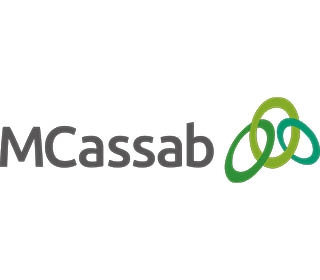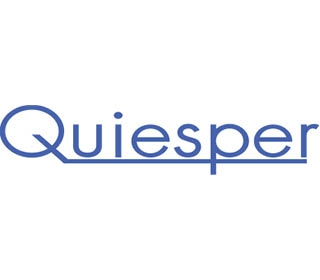Rousselot announces: new fundamental study on bioavailability adds to growing scientific literature investigating the mechanisms behind Peptan’s Health Benefits
A new study led by Rousselot in collaboration with INRAe and Triskelion presents pioneering scientific evidence of Peptan’s high bioavailability. Targeted analysis of human serum drawn after Peptan intake showed increased levels of hydroxyproline-carrying dipeptides, well-known in scientific literature as markers for collagen bioavailability and described to carry bioactivity.
Rousselot has announced the publication of a study[1] investigating the transformation that different types of collagen peptides undergo during digestion and absorption. Performed in collaboration with renowned research institutes that are long-term collaborators, the study used a new analytical approach. Confirming the findings of previous studies[2][3][4] on bioavailability, it provides a useful snapshot of the changes the tested collagen peptides undergo during the course of digestion and absorption.
Background
Collagen peptides have been shown to provide multiple benefits, especially in supporting skin[5], bone[6][7], sports recovery[8] and joint health[9]. However, in order to fully understand the cellular mechanisms responsible for those effects, it’s important to map out the significant modifications that collagen peptides undergo when they pass the human digestion and are taken up by the body.
Methodology
Combining preclinical and clinical approaches, the study aimed to mimic the process of human digestion and absorption on four different types of collagen peptides. Provided by Rousselot, the initial products were of different animal sources and varying molecular weight.
In vitro digestions of the four collagen hydrolysates were performed with the model system tiny-TIM (proprietary to TIM BV – The TIM Company, the Netherlands), a state-of-the-art technology mimicking the chemical, kinetic and dynamic conditions of human digestion. It allows to identify the nutrient fractions that are available for absorption in the small intestine, providing valuable information on the bioavailability of collagen peptides.
INRAe (French National Institute for Agricultural, Environment and Food Research) performed a clinical test with 12 human volunteers who ingested 25 g of collagen peptides. The serum collected[10] after product intake allowed a reliable investigation of Peptan’s composition once absorbed by the body.
Triskelion contributed to the research carrying out a comparative analysis of the initial collagen peptides, their in vitro digests and the human serum, providing an overview of the composition of the collagen peptides before and after digestion and absorption.
Findings
- Minimal differences between digested collagen peptides
Results showed that the tested collagen peptides underwent significant change during digestion and absorption. The average molecular weight decreased as the products were exposed to digestion enzymes and broken into smaller peptides. It was detected that the products of different animal sources become more similar when the average molecular weight drops along the digestion and the absorption process.
- Confirmation of Peptan’s high bioavailability
The human serum analysis revealed the presence of bioactive hydroxyproline-carrying dipeptides in the blood after Peptan ingestion. These dipeptides (Hydroxyproline-Glycine and Proline-Hydroxyproline) significantly contributed to the total increase of hydroxyproline, the characteristic amino acid of collagen, in the blood.
Janne Prawitt, Scientific Director Health and Nutrition at Rousselot comments: ‘This study takes a pioneering approach to capture the changes that Peptan undergoes while passing through our digestive tract and being absorbed into the blood stream. It provides invaluable new data that contribute to build up our science knowledge behind the health benefits of collagen peptides, especially as part of Rousselot’s renewed strategic direction to invest in more fundamental research into the understanding of the mechanism behind Peptan’s health benefits. The long-term collaboration with INRAe and Triskelion is something we’re really proud of and is essential to helping us achieve a complete and solid understanding of our collagen products in order to keep progressing and innovating as the leader of collagen-based solutions’
Anne Kleinnijenhuis, Senior scientist analytical research at Triskelion commented: ‘The value of this study lies in the findings on the changing composition of the collagen hydrolysates. Such highly dynamic and complex products required the design of a novel (data) analytical workflow, which enabled us to compare different types of samples and obtain layered information. The insight gained with this approach was crucial for defining a suitable targeted set up. It’s extremely rewarding to lead the way with new scientific methods and to work with high profile partners.’
The study has been published online in the peer-reviewed journal “Analytical and Bioanalytical Chemistry”. https://link.springer.com/article/10.1007%2Fs00216-019-02323-x
---------------------------
About INRAe: INRAe, the French National Institute for Agricultural, Environment and Food Research is the first agronomic research institute in Europe and the second largest in agricultural sciences in the world. INRAe dedicates its research to address major societal issues. The clinical screening methodology used in this study has been registered as a written invention disclosure by the French National Institute for Agronomic Research (INRAe) (DIRV#18-0058). Clinic’n’Cell® has been registered as a trademark.
About Triskelion: Triskelion is a growing innovative Contract Research Organization (CRO) with customers all over the world. Triskelion offers high-end analytical research and compliance and risk management services and is therefore the CRO for complex studies. Triskelion helps clients to better understand the safety, quality and authenticity of their products and is active in the Food, Feed, Chemical, Pharmaceutical and Biotech markets where it adds the highest value to its clients. Specialization in multidisciplinary projects, consultative skills, knowledgeable expertise and personal care all contribute to tailor made study designs and reliable project management. It is our people that make the difference. www.triskelion.nl
About TIM BV: The TIM Company, provider of dynamic predictive dissolution systems, started as a research project within the Dutch National Institute TNO 25 years ago, with a focus to support the development of gastrointestinal research in the pharmaceutical and food market. Till recently the TIM activities were a part of Triskelion. As of January 2020, TIM is an independent company, named TIM B.V., trading under “The TIM Company”.





